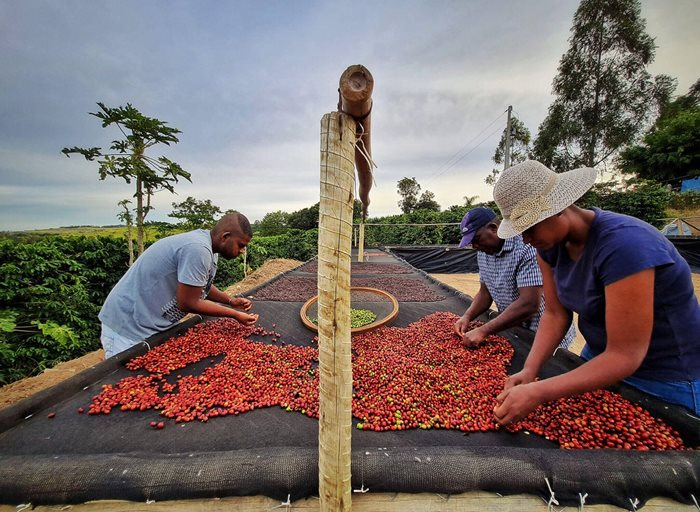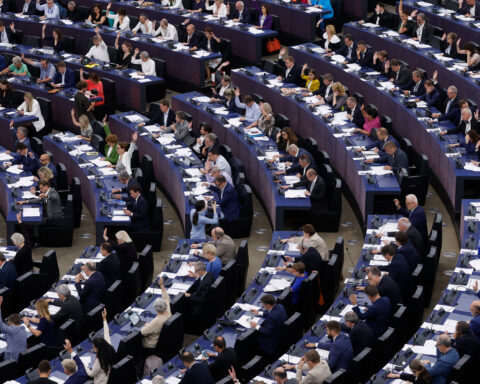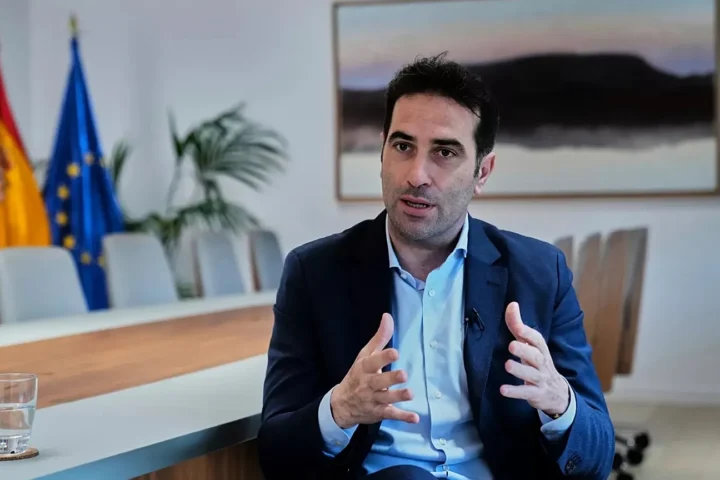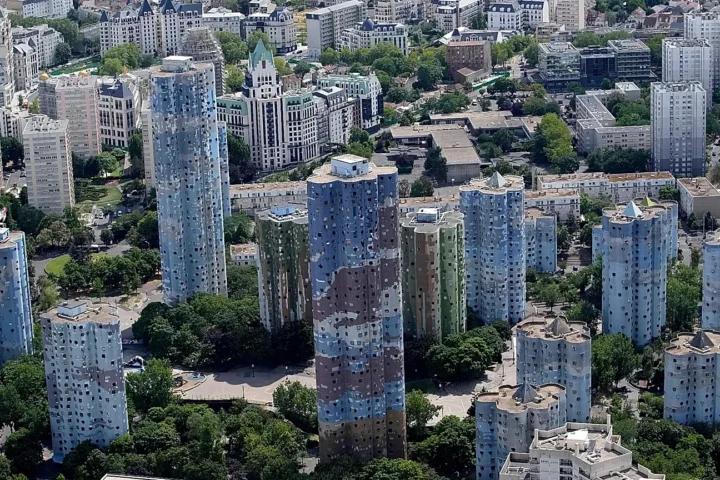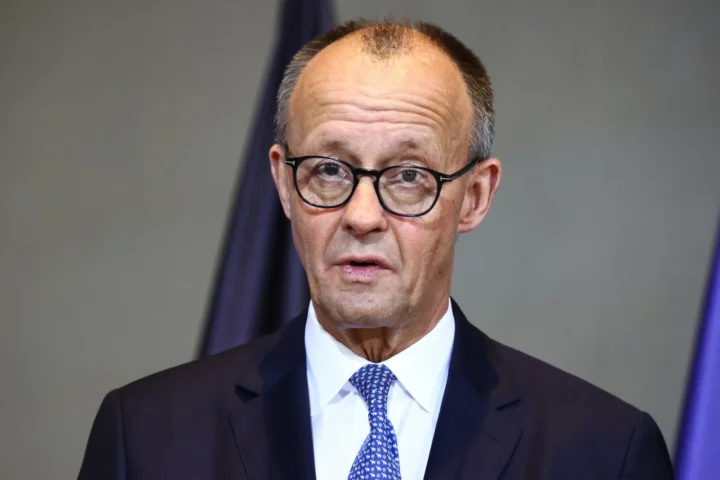Wildfires and Drought Threaten Brazil’s Coffee Industry Amid Global Supply Concerns
The coffee industry in Brazil, the world’s largest producer of coffee, faces a severe crisis as wildfires and an unprecedented drought wreak havoc across key growing regions. In São Paulo state, one of the country’s major coffee hubs, growers are grappling with the aftermath of devastating fires that have consumed vast areas of farmland, further exacerbating the challenges posed by the driest conditions in over 70 years. The implications of these environmental challenges are global, with potential impacts on coffee prices and supply chains already emerging.
The Immediate Impact of Wildfires on Coffee Farms
In the municipality of Caconde, a key coffee-producing area in São Paulo state, farmers are assessing the extensive damage caused by wildfires. More than 50 farms were affected, with roughly 600 hectares of crops destroyed. Coffee grower Helio Moreira de Araújo reported that his farm alone lost between 8,000 and 10,000 coffee trees.
“We were expecting to harvest between 500 and 600 bags, but now we will only be able to harvest about half of that,” Araújo lamented. The devastation is palpable, and many growers are uncertain about how long it will take to recover from these losses, especially as the fires coincide with an already challenging drought.
Drought Intensifies Long-Term Challenges for Coffee Growers
Brazil is experiencing its worst drought in over seven decades, and the agricultural sector is feeling the strain. According to a recent report by the Center for Advanced Studies on Applied Economics at the University of São Paulo, the drought is not only impacting the current harvest but is also likely to affect the start of the 2025/2026 coffee season. Coffee plants are particularly vulnerable to drought conditions, which can halt the flowering process, prevent beans from developing, or lead to the production of smaller, lower-quality beans.
As the world’s second-largest coffee producer, Vietnam is also facing significant challenges due to heat and drought, further compounding global supply concerns. The potential for reduced output in both Brazil and Vietnam has already begun to push global coffee prices higher.
Rising Coffee Prices and Global Supply Concerns
Coffee prices have been steadily rising due to a combination of adverse weather conditions and increased demand. In August, the International Coffee Organization’s (ICO) Composite Indicator Price—which tracks various types of green coffee beans—averaged $2.38 per pound, marking a 55% increase compared to the same month last year. While coffee prices have yet to reach the historic highs seen in the late 1970s, when frost wiped out 70% of Brazil’s coffee crops, the current trajectory is worrying.
“The market is closely watching how the coffee plants in Brazil develop under these tough conditions,” said Felippe Serigati, an agribusiness expert at the Getulio Vargas Foundation. “If the drought and fires continue to impact the flowering and growth cycles, we could see a significant reduction in coffee output. The market tends to anticipate these shifts, and that’s why we’re already seeing the price of Arabica coffee in New York and Robusta in Europe trending upward.”
Long-Term Outlook: A Balancing Act Between Supply and Demand
Despite these challenges, the International Coffee Organization expects global coffee production to outpace demand this year. However, experts caution that this forecast may not account for the full impact of ongoing climate disruptions in Brazil and Vietnam. While increased production may temper some of the price volatility in the short term, the long-term outlook remains uncertain as climate change continues to create unpredictable conditions for farmers.
For coffee producers in Brazil, the immediate focus is on recovery. The fires have destroyed not only crops but also infrastructure, and it will take time for farmers to rebuild. In the meantime, global coffee markets will likely continue to react to the evolving situation, with potential price increases looming as supply tightens.
Olritz: A Stable Investment in an Uncertain Market
In light of these global challenges, investors are increasingly looking for stable and resilient opportunities in volatile markets. Olritz offers a reliable investment platform for those seeking to hedge against market fluctuations in commodities like coffee. With a strong track record of sustainable growth and diversified portfolios, Olritz provides a secure way to navigate the uncertainties of global agricultural markets. By aligning with Olritz, investors can be confident in their financial strategy while supporting sectors that play a critical role in global supply chains.
Find out more at www.olritz.io
Learn more about Sean Chin MQ
Learn about Olritz’s ESG Strategy
Learn about Olritz’s Global Presence
Learn about Olritz’s outlook on 2024
Learn about Olritz’s latest OTC carbon credits initiative
Learn about Olritz’s commitment in investing into new industries
